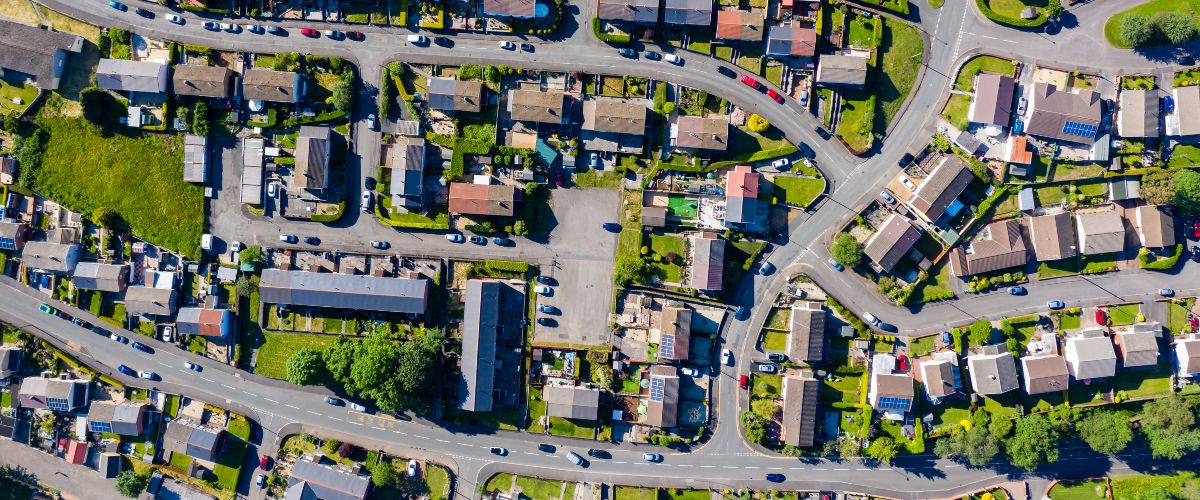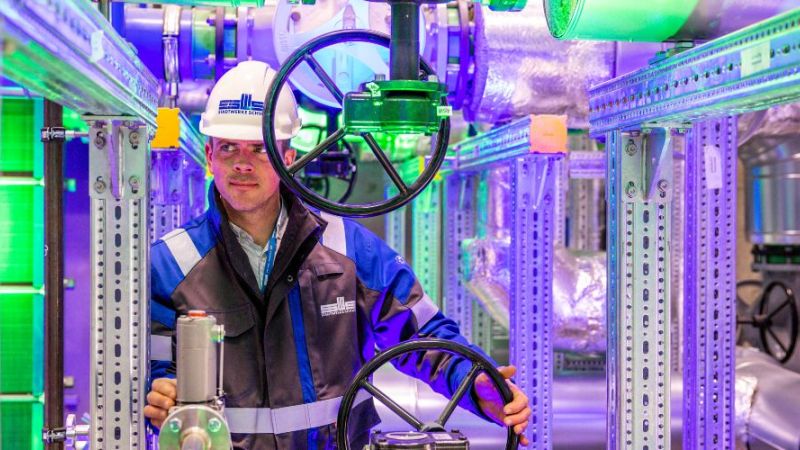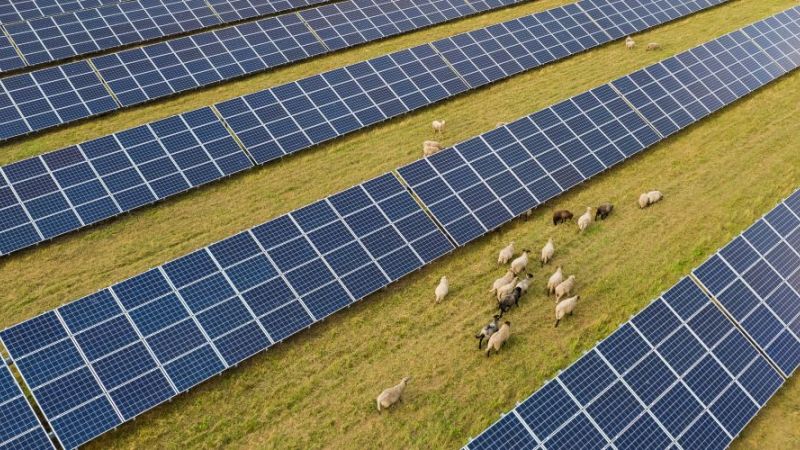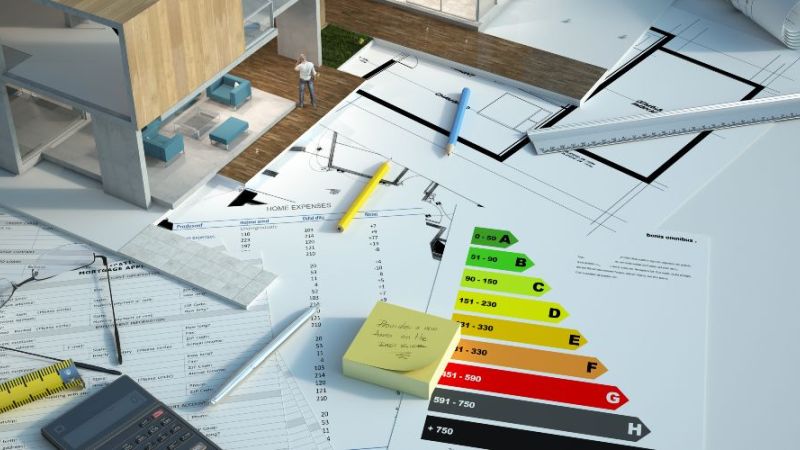Districts
Great need for research on districts
Heat and energy planning in districts and their implementation on site are decisive measures for achieving the climate protection targets in Germany. Strategies and measures for reducing consumption, increasing energy efficiency and using renewable energies are developed in the local energy system in the neighbourhood, taking an integrated view of buildings, consumption habits and technical infrastructures. This increases the need for coordination between stakeholders with different professional and task-related backgrounds. The development of energy neighbourhood concepts under the leadership of local authorities and in cooperation with the scientific community and the implementation of these concepts as part of demonstration projects remains an important part of energy research.
In view of increasing urbanisation and regional differences in Germany, diverse, flexible and sustainable solutions to increase energy efficiency and protect the climate are of crucial importance. This requires systemic approaches to the integration of renewable energies in heating and cooling systems, the consideration of solutions across the entire life cycle and digital networking of the energy infrastructure.
Eligible research content on districts
The research area aims to identify sustainable and transferable solutions for heat and cold generation, distribution and storage as well as for grid-friendly energy utilisation and local sector coupling. One focus is also on the transformation of existing structures to preserve the status quo. In the context of municipal heat planning, systemic energy district development will become increasingly important. To this end, the existing research horizon will be expanded to include urban resilience issues. The aim is to research and implement ways to create robust, adaptive and sustainable disctricts in a systemic context. Critical supply and disposal infrastructure must be designed to be particularly robust and redundant.
Other relevant energy research topics on districts
In order to convert the energy supply to the use of renewable energies and unavoidable waste heat, strategic overarching planning is required at district level. This determines, for example, which districts are to be supplied with heat on a decentralised or piped basis and how renewable energies and unavoidable waste heat can be used in generation and distribution. Innovative district concepts are also to be developed for use in existing areas. The methodology is also to be developed with a view to the transferability of the results by abstracting local conditions and needs. Demonstration projects should make a significant contribution to accelerating the transformation and achieving the urban heat transition by serving as blueprints for other districts.
In connection with district transformation projects that receive investment funding in other funding programmes, accompanying research tasks (such as preparation and optimisation of technical processes, investigation of socio-economic effects) can be funded in applied energy research.






